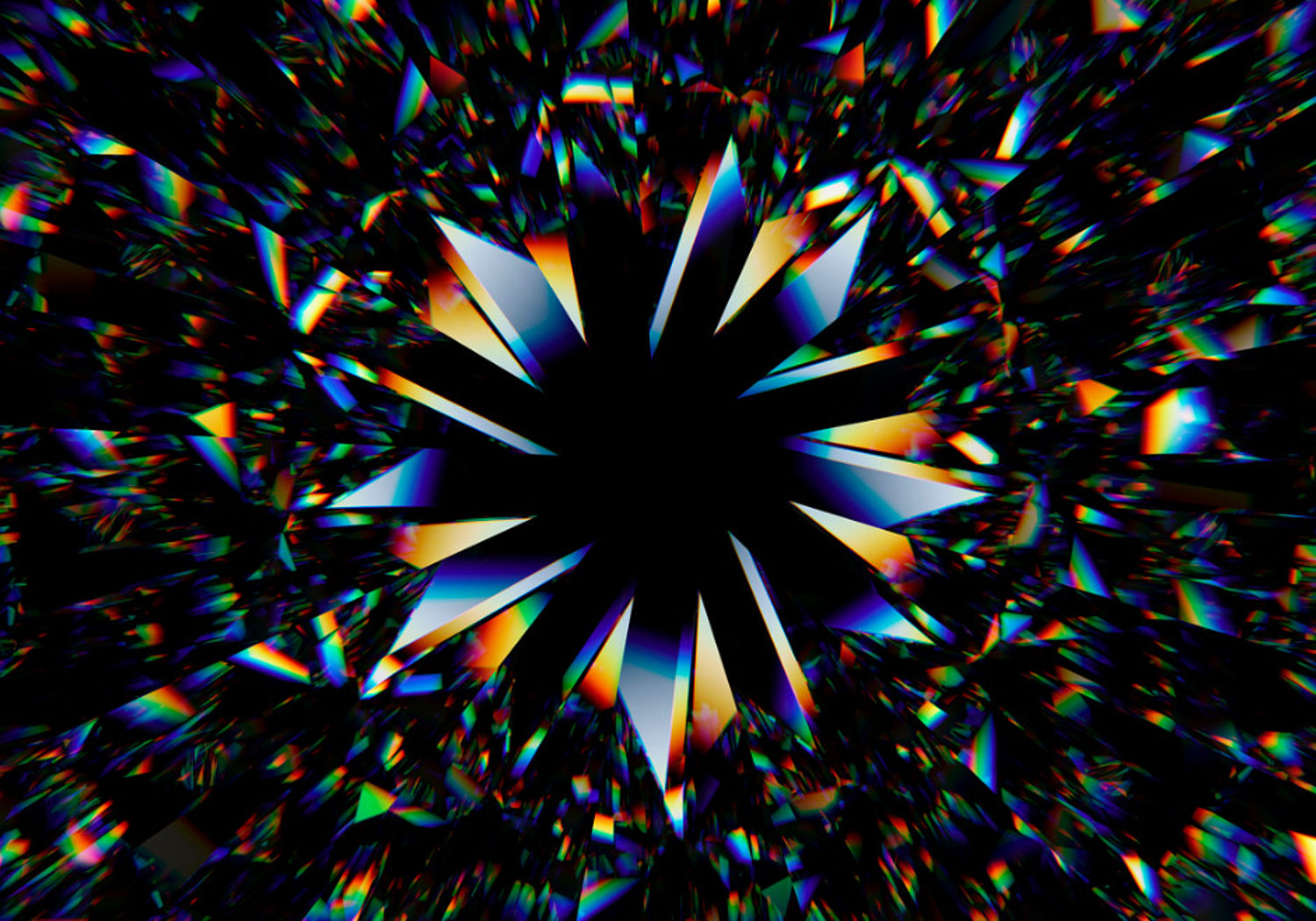Quantum sensors for metrology based on single-atom-like device technology
Short Name: QADeT, Project Number: 20IND05
Developing the metrology infrastructure to help commercialise quantum sensors
In 2018 the global market for magnetic sensors alone was €1.7 billion. Quantum sensors (QS) could potentially revolutionise any area where accurate sensors are required and the development of metrology for these is one of the four aims of the EU’s . The most advanced QS are produced by introducing single atoms into ‘Nitrogen‑Vacancy’ (NV) centres or ‘defects’ in diamonds or other materials, giving new characteristics such as a sensitivity to radio or magnetic frequencies. This process involves ‘ion implantation’ where a charged atom is magnetically ‘fired’ at the vacancy in the substrate. However, significant metrological challenges remain to scaling this ‘deterministic ion implantation’ process up to industrial levels. These include the need for a high creation efficiency, controlling the rate and number of ions implanted and the requirement for accurate, positioning of the introduced atom at the nanometre level.
This project will implant ions in single-atom systems in diamond or other materials, such as silicon, at a spatial resolution less than 500 nanometres with associated metrological capabilities. Using deterministic implantation approaches, robust and accurate magnetic field, electric field and temperature QS will be developed and the performance of these compared to existing ‘state of the art’ sensors. Implantation sites other than NV will also be investigated and reliable, traceable methods for the production and measurement of single-atom-based sensor devices established. By providing reliable material, high creation efficiency and device qualification, these results will ultimately lead to marketable QS products and help the EU achieve its quantum goals.
Electronic Structure
Light: Science & Applications
Physical Review Letters
Nanomaterials
Advanced Photonics Research
